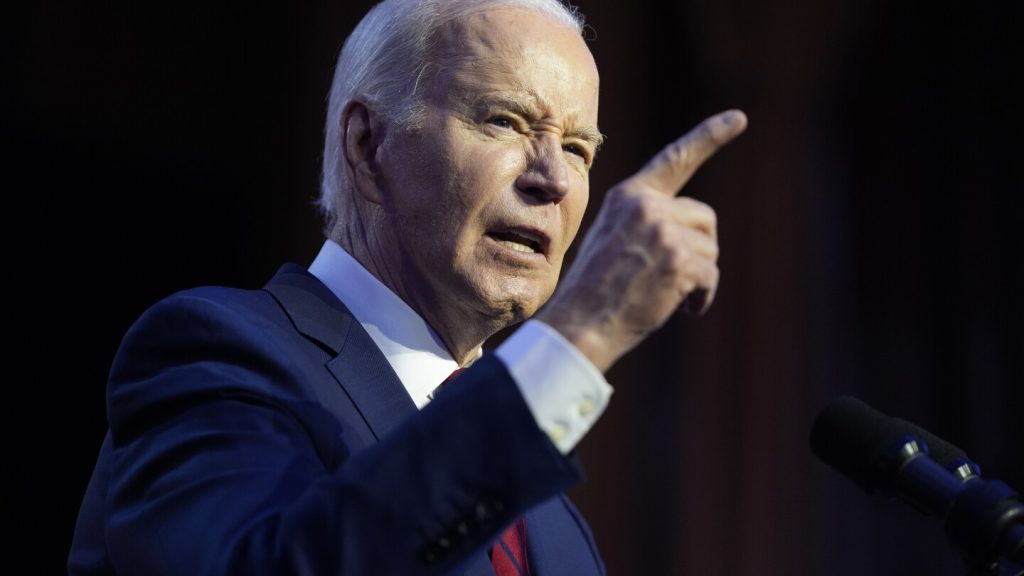President Joe Biden recently made controversial remarks about Japan and India, calling them “xenophobic” countries that do not welcome immigrants. This statement came during a campaign fundraising event where he was addressing a largely Asian American audience. Biden contrasted these two countries with the U.S., highlighting the importance of immigrants in contributing to America’s economic strength. These comments came just three weeks after hosting Japanese Prime Minister Fumio Kishida and a year after welcoming Indian Prime Minister Narenda Modi for state visits, emphasizing the strong relationships with these countries.
While there was no immediate reaction from the Japanese or Indian governments, White House national security spokesman John Kirby clarified that Biden’s remarks were meant to emphasize America’s stance on immigration and the value of alliances with partner countries. Japan and India have unique demographic challenges to address, with Japan facing a shrinking population and India grappling with rapid population growth. Japan has traditionally had a closed-door stance on immigration, but recent policy shifts have aimed to make it easier for foreign workers to come to the country. India, on the other hand, has implemented new citizenship laws that fast-track naturalization for certain religious groups, excluding Muslims.
As the comments were made at the beginning of Asian American and Pacific Islander Heritage Month, they hold particular significance in recognizing the contributions of these communities to American society. Senator Tammy Duckworth, who introduced Biden at the fundraiser, is of Asian American descent and a national co-chair for his reelection campaign. Biden’s remarks were part of a broader discussion on the role of immigrants in strengthening the U.S. economy, with a focus on immigration policies in countries like China, Japan, Russia, and India. The president emphasized the importance of immigrants in driving economic growth and innovation.
Biden’s comments have sparked discussions about the immigration policies of various countries and the impact they have on economic growth and global relationships. By highlighting the challenges faced by Japan and India, Biden shed light on the complexities of demographic shifts and the need for inclusive immigration policies. Both Japan and India play critical roles in the global economy and security landscape, and their relationships with the U.S. are vital for addressing shared challenges. The remarks also underscore the importance of diplomacy and partnership-building in navigating complex geopolitical dynamics.
Overall, President Biden’s comments about Japan and India being “xenophobic” countries have brought attention to the intersection of immigration policies, economic growth, and international relations. As the U.S. continues to strengthen its alliances with key partners, addressing sensitive issues like immigration policies becomes crucial for fostering collaboration and understanding. The statements made by Biden signal a commitment to promoting inclusive policies that value the contributions of immigrants while acknowledging the unique challenges faced by countries like Japan and India. The dialogue sparked by these remarks opens up opportunities for constructive engagement on immigration and diversity issues on a global scale.


